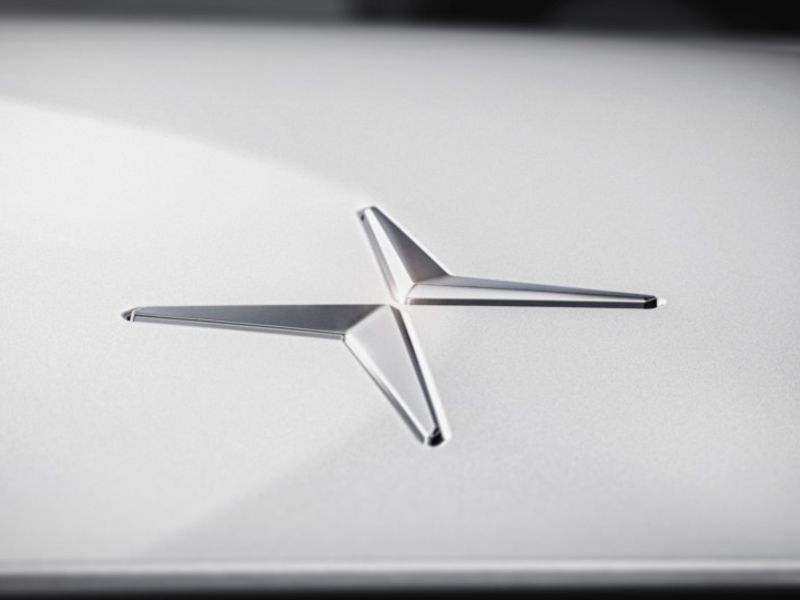
PARIS — A trademark dispute over its logo has left Polestar, the electric-vehicle brand owned by Volvo Cars and Geely, temporarily unable to launch its cars in France.
Ruling in a case that dates back to 2017, a French has court found that Polestar’s logo is similar enough to Citroen’s “double chevron” design as well as the logo of DS Automobiles, formerly a Citroen sub-brand, to potentially confuse car buyers.
The court, in a ruling dated June 4 and published in July, ordered Polestar to pay Citroen 150,000 euros in damages as well as legal fees, and banned the use of the Polestar logo in France for six months.
Polestar this spring launched the Polestar 2, a Chinese-built full-electric sedan that is positioned as a rival to the Tesla Model 3, for the Chinese, European and U.S. markets. The first Polestar 2 models arrived in Europe in at the end of June.
But French visitors to Polestar’s website see only a white page with the message: “Access to the Polestar site is not accessible to the French public due to territorial restrictions on the use of French trademarks no. 016898173 and no. 01689532.”
Those trademarks are two versions of Polestar’s logo, which consists of two chevron shapes facing toward one another. Citroen’s logo, which has been used since 1919, stacks two chevrons. The DS logo arranges chevrons to form the letters “DS.”
According to French court documents, Citroen’s parent company PSA Group first asked Volvo Cars in September 2017 to halt the use of the Polestar logo. French internet users had noticed the similarities earlier that year, soon after the Polestar 1 plug-in hybrid coupe was displayed at the Geneva auto show.
Volvo refused to do so on the grounds that the logos were not similar. Citroen then unsuccessfully took its complaint to the EU Intellectual Property Office, or EUIPO.
Citroen filed suit in France against Volvo in October 2019, claiming trademark infringement and unfair competition, seeking to prohibit the use of the Polestar logo and asking for damages of 320,000 euros.
In response, lawyers for Polestar said there was “no risk of confusion” between its logo and those of Citroen and DS, the court document said. They also noted that EUIPO had rejected Citroen’s claim of infringement.
Citroen argued that the only difference among the Polestar, Citroen and DS logos is the arrangement of the chevrons, “creating an obvious risk of confusion.” Car buyers might think that the companies were “economically linked,” Citroen said.
In its ruling, published on July 12, the court acknowledged that any link between the logos “appears weak,” but said that because the brand’s logo had been in use for 100 years and was so well-known in France, “there is a risk that the chevrons used by Polestar could evoke those used by Citroen.”
The court ordered Polestar to pay Citroen 150,000 euros ($178,000) in damages, which it said represented 0.05 percent of Citroen’s average annual advertising spending in France, as well as 70,000 euros in legal fees. It also barred Polestar from using the logo in France for a period of six months.
So the earliest French buyers could see a Polestar 2 would be early in 2021.
It’s not clear whether Polestar would have to change its logo to sell in France, or even when the brand might appear in the country.
Polestar said in a statement that the automaker was not selling vehicles in France and “currently have no plans to do so.” The company said it could not say any more on the subject because of an “ongoing legal matter.”
Citroen did not immediately respond to a request for comment.
Douglas A. Bolduc contributed